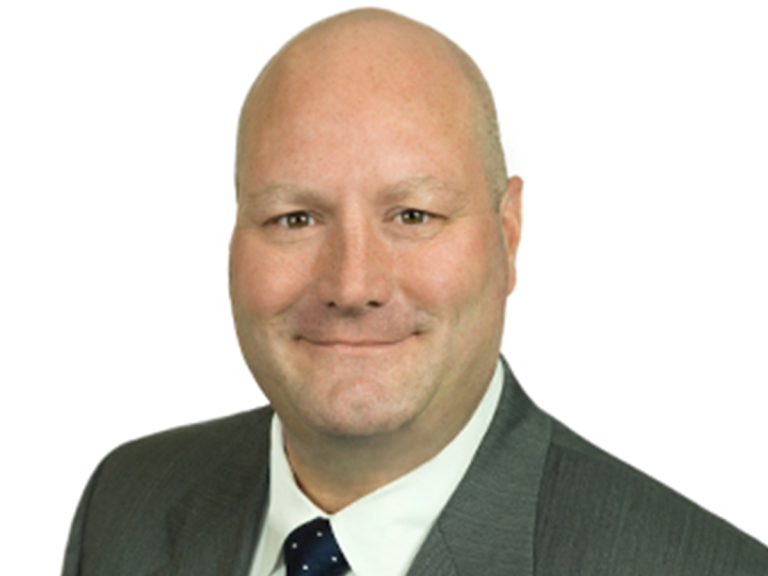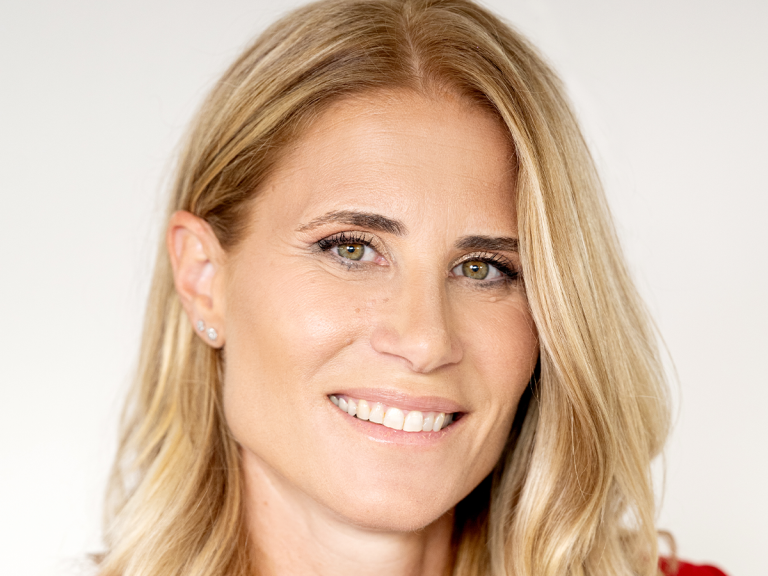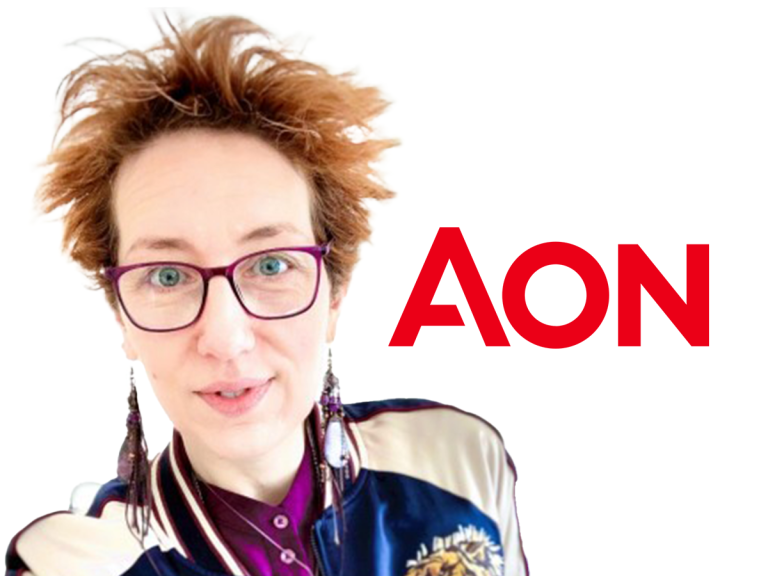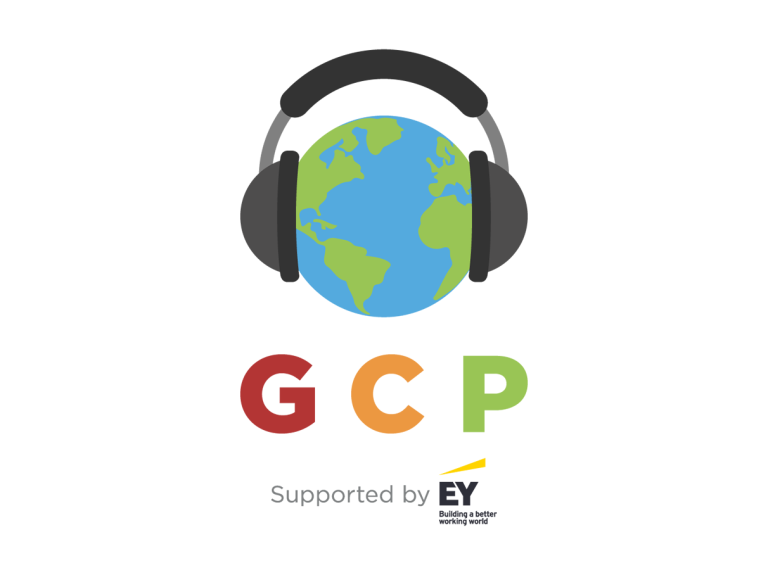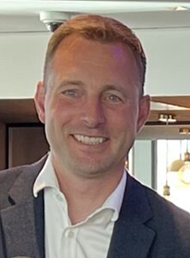Hope remains for progress on UK captive regime, despite Labour victory
DoL considers ERISA exemption for pension captive transaction
The US Department of Labour (DoL) has tentatively authorised an Employee Retirement Income Security Act (ERISA) exemption for the New York-based Memorial Sloan Kettering Cancer Centre (MSKCC), concerning a pension risk transfer to its captive.
The DoL requires that a US-domiciled captive is used to reinsure ERISA-governed benefits such as life and accidental death and dismemberment.
MSKCC is a cancer centre that is committed to patient care, research, and educational programmes, and has approximately 21,000 employees.
If approved, MSKCC is expected to receive a financial benefit from the exemption that will equal approximately $126,444,000.
Captive Intelligence understands MSKCC has worked closely with Spring Consulting, an Alera Group Company, on the transaction design and execution and would be among the first of its kind in the US.
This exemption would require MSKCC to ensure that plan participants and beneficiaries will receive the majority of the derived benefit in the form of a percentage increase to the monthly retirement benefit of all participants and beneficiaries.
Currently, the Department expects that MSKCC would implement a 5.37% increase in each participant’s and beneficiary’s monthly annuity payment.
Under the proposed exemption, the MSKCC Pension Plan would enter into an insurance contract with a fronting carrier who would be selected by an independent fiduciary.
The Fronting Insurer would then enter into a reinsurance contract with MSKCC’s Vermont-domiciled captive, MSK Insurance US, which would reinsure 100% of the plan’s risks.
Captive Intelligence published a long read in February 2023 analysing the DoL’s approach to successful captive exemption applications, whether there was likely to be greater activity following successful submissions from Phillips 66 and Comcast in 2022.
Blackwell Captive Solutions appoints Scott Lydon as national vice president
United States-based Blackwell Captive Solutions has appointed Scott Lydon as its new national vice president.
Headquartered in Chicago, Illinois, Blackwell Captive Solutions serves a portfolio of clients across various industries, offering services in captive formation, management and consulting.
“As healthcare costs continue to rise, employers are increasingly looking to captive solutions for cost stability, programme flexibility, health risk management strategies, cost transparency, and the potential to be rewarded for great practices to improve employee health,” said Lydon.
“I am thrilled to join the Blackwell Captive Solutions team to help give health benefits stakeholders complete control over their employee benefits.”
In his recent role as regional sales leader at Centivo, Lydon led his team and forged strong relationships with both internal and external partners in the value-based care space.
“Captives turn emerging risks into opportunities and insulate clients from market volatility,” said Kari Niblack, president of Blackwell Captive Solutions.
“Scott has exceptional full-cycle business development experience and will play a dynamic and lead role in defining and executing our long-term strategic goals while continuing to deliver best-in-class solutions to our customers.”
AXA XL using technology to help captives mitigate risks
AXA XL is utilising technologies such as telematics, water mitigation, and worker wellness to help captive clients mitigate their risks.
Speaking on a recent episode of the Global Captive Podcast, Steve Bauman, global programmes and captives director for the Americas at AXA XL, and his colleague Rose Hall, senior vice president and head of innovation for the Americas, discussed how new technologies can be deployed to mitigate risks and compliment captive programmes.
Providing examples in the worker wellness area, Hall said there were multiple solutions that are proving to be effective.
“Two are wearables that a worker will wear, and they will get a haptic response, like a buzz or a beep when they’re lifting improperly or when they might be coming in close contact with a forklift in a manufacturing facility,” said Hall.
She said AXA XL also has worker wellness technologies in its suite that use existing closed-circuit cameras to identify hazards.
“For example, you can note that there’s a puddle on aisle three or if something is piled too high and you can go and mitigate those things before they cause an injury,” she said.
Bauman said the exciting part for him is the marriage between these new technologies, loss control efforts and captive utilisation.
“It’s a powerful combination that captives are becoming more involved with now, and I think it’s really exciting for the future, especially with all the technologies that Rose’s group looks at,” Bauman said.
Hall said the aim is to help clients adopt technologies that are going to help them reduce their risk, be more profitable, sustainable and resilient.
She also said she recognises that risk management is not just about insurance.
“It’s a piece of it, but there’s a holistic version of risk that includes insurance and also includes managing their own risk,” she said.
“How do we supplement our insurance solutions with risk management that meets the holistic need of the client?”
Listen to the full 20 minute discussing between Steve Bauman and Rose Hall on the Global Captive Podcast here, or on any podcast platform or app. Just search for the ‘Global Captive Podcast’.
Vermont captive assets increase 8% in 2023, but premium down
According to a new report by the Vermont Department of Financial Regulation, the overall assets under management (AuM) for Vermont-domiciled captives increased 8.1% to $230.5bn in 2023, up from $211.9bn in 2022.
Despite AuM increasing, there was a reduction in overall gross written premium (GWP) from $42.5bn in 2022 to $30.6bn in 2023.
Reinsurance ceded from Vermont captives saw a reduction to $5.6bn in 2023, down from $15.4bn in 2022, suggesting captives were retaining more of their own risk.
In 2023, 306 captives in Vermont were writing less than $5m in GWP, while 105 captives were writing more than $50m in GWP.
The total number of captives domiciled in Vermont at the end of 2023 was 659.
Companies in the manufacturing and real estate sector saw the greatest increase in the number of captives by industry.
Manufacturing industry captives increased from 102 in 2022 to 107 in 2023, while the number of real estate captives increased from 36 in 2022 to 41 in 2023.
The number of insurance industry-owned captives also saw a steady rise, increasing from 80 in 2022 to 83 in 2023.
The insurance sector also saw the greatest increase in cell utilisation in 2023 with 17 new cells formed in 2023.
MSL Captive Solutions appoints Erik Wangenheim to BD role
Erik Wangenheim has been appointed senior director of business development at MSL Captive Solutions to lead the company’s sales, marketing and business development efforts.
He joins from Crumdale Partners where he was responsible for leading and training a team of regional sales directors.
“We are excited to have Erik join the MSL Captives team and work with us to develop our stop loss captive programmes,” said Andrew Berry, president of MSL Captive Solutions.
“He brings an enthusiasm for stop loss and creative cost containment strategies to manage employer’s cost of care that fits perfectly with our approach.”
Wangenheim also spent 10 years as director of business development at Phoenix Excess Risk Underwriters (PERU).
“I have been very impressed by MSL Captives and its sister companies within Strategic Risk Solutions and what they have developed in the use of captives for stop loss insurance,” said Erik Wangenheim.
“I find stop loss insurance generally a fascinating tool for managing an employer’s cost of care. The addition of captive structures, both single parent and group to create more stability and long-term control is a powerful enhancement.
“I’m excited to get started and bring the added value of the captive solution to employers and advisors alike.”
MAXIS GBN appoints Tamara Truta Amizic as BD manager
MAXIS Global Benefits Network has appointed Tamara Truta Amizic as regional business development manager for West United States and Latam as part of its Americas business development team.
MAXIS is the international employee benefits joint venture between MetLife and AXA, providing fronting and programme management services for EB programmes around the world.
Amizic previously worked at MAXIS GBN between 2010 and 2017, where she was a senior sales executive.
“I’m delighted to be rejoining MAXIS GBN and leading outbound business development across the West US & Latam regions,” Amizic said.
“I’m excited to be able to build on my global employee benefits experience and work with the team at MAXIS GBN and our network members to help some of the world’s largest multinationals provide the benefits their people need.”
Amizic will be responsible for outbound business in the region and will lead the existing team, working closely with MAXIS’ clients and partners.
She has more than 20 years’ experience in global employee benefits and joins MAXIS from MetLife, where she worked across the group to increase collaboration between MetLife US and its global businesses.
“I’m pleased to announce this appointment and welcome Tamara back to MAXIS GBN,” said Paul Lewis, chief business development officer, MAXIS GBN.
“Our Americas team has had huge success in recent years and I’m confident that Tamara’s experience and expertise will be a great asset as we continue to grow across the region.”
Employers taking greater control of EB claims
Improved processes and data are helping organisations get better understanding and take greater control of their employee benefits claims, according to a panel of EB experts on the latest episode of the Global Captive Podcast.
Chris Mason, director of customer & distribution manager UK and APAC at Zurich Global Employee Benefits Solutions (ZGEBS), was joined on the podcast by Jenny Woods, group claims relationship manager at Zurich Corporate Risk, and Sander Brentjes, global benefits consultant at Aon, to discuss the claims process for captive employee benefits programmes.
Mason said risk and insurance managers are used to receiving “really granular claims details” on the P&C side of the business, and they expect the same as they diversify the captive into employee benefits.
“They want to know therefore what claims are happening, what are the details, what are the set reserves,” he said.
“The employee benefits sector has really taken a leap forward with that information.
“We can now provide underwriting year data and we’ve developed this new and improved interactive captive bordereaux, which can really help the captive understand, not just from the premium spend, but what they have got from a claims perspective. They need to know that because they’re the ones picking up the cheque.”
Woods said employers want to be increasingly hands on with claims, understanding what is happening to their employees and how they can support them during the claims process.
“Ultimately employers have a duty of care to their employees,” she said. “There are a lot of health and wellbeing challenges that are covered under the Equalities Act, which adds that additional layer of complexity for an employer.
“More employers are seeing the benefits of engaging with health and wellbeing prevention at an organisational level, in the battle to reduce their employee absence rates.
“Rising costs are driving employers to take more notice of absence and utilise all of the support that they’ve got available to them to help with it.”
Brentjes said there is a clear incentive for the captive and parent company to pro-actively manage the people risk.
By understanding and controlling and influencing the programmes, the employer can ultimately reduce claims arising from the employee benefit plans.
“A long-term perspective on disability and healthcare financing really allows employers to gain insight and influence over their spend, as captives provide far greater control over pricing and facilitate the connection between wellbeing, diversity, equity and inclusion initiatives and disability and healthcare claims,” he explained.
“The claims management services tend to be different country-by-country, and also different between insurance companies within a specific country.
“It’s really important to understand what are the capabilities of the insurers that you work with or the fronting partners that you want to work with in the countries.”
Listen to the full 20 minute discussing between Chris Mason, Jenny Woods and Sander Brentjes on the Global Captive Podcast here, or on any podcast platform or app. Just search for the ‘Global Captive Podcast’.
Isabelle Seculier to join Aon in captive EB role
Isabelle Seculier, formerly a senior risk manager at adidas, will join Aon’s global benefits team as EMEA regional captive sales leader from 15 July.
Seculier has a long history working in employee benefits, having previously worked at Generali Employee Benefits before joining adidas in 2019.
Sven Roelandt, global leader for employee benefits financing at Aon, has built a growing EB focused team over the past three years, now comprising 18 professionals with Seculier the latest addition.
She will be responsible for how Aon delivers and grows its captive EB services and consulting work within the EMEA region.
Seculier will also facilitate the delivery of Aon United into areas such as International Wealth (pension de-risking), Aon Captive & Insurance Management, Aon Global Risk Consulting and Aon Reinsurance.




